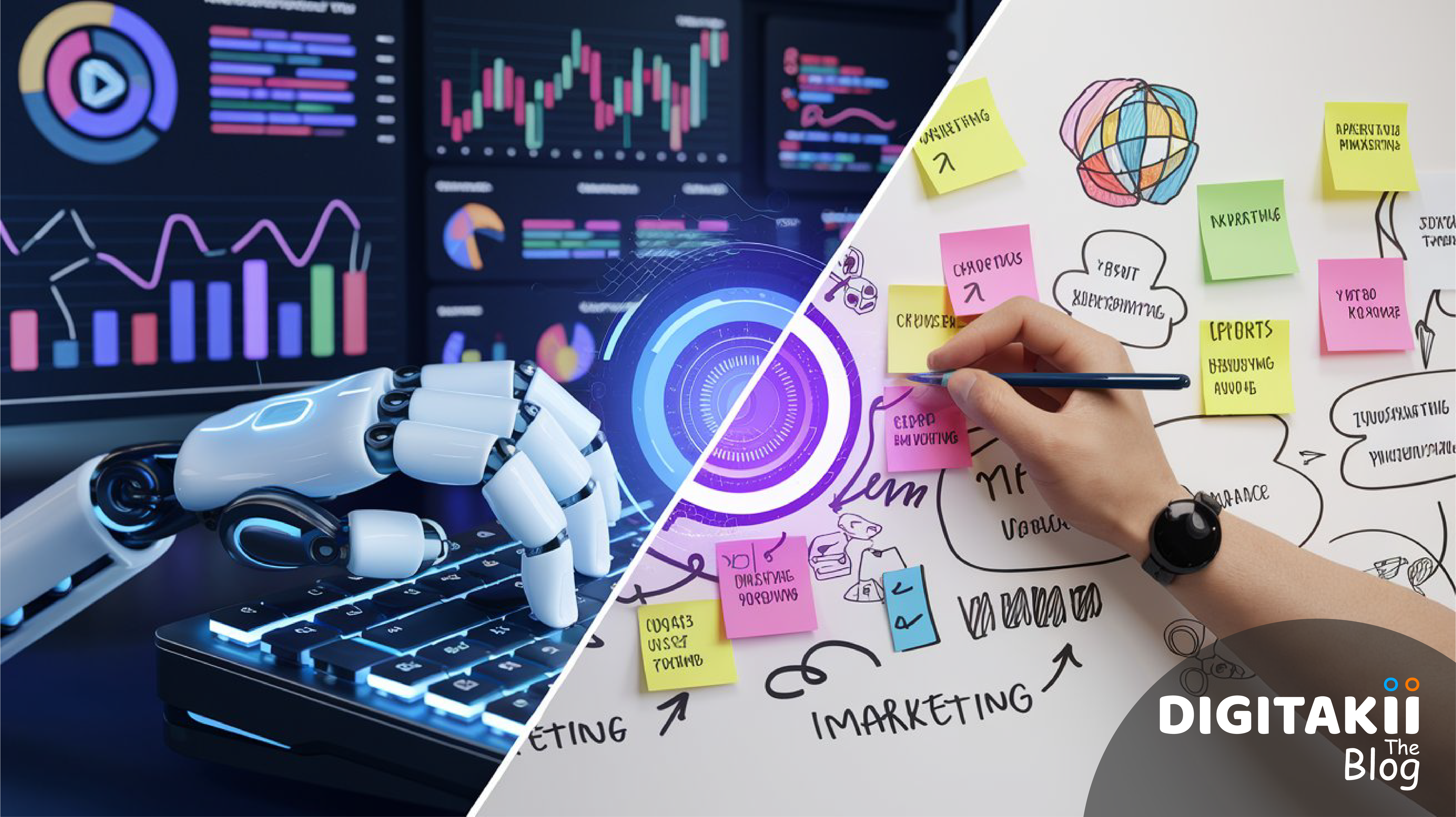As we step into 2024, quantum computing is gaining serious momentum. It’s like standing at the edge of a technological revolution that could change how we think about computing altogether. But what’s next? What trends are emerging in quantum computing that will shape this year and beyond?
In this article, I’ll walk you through the latest developments in quantum computing, discussing both the breakthroughs and the challenges. Whether you’re new to quantum computing or already immersed in the field, there’s plenty to look forward to in 2024. With advancements happening fast, now is the time to get familiar with the trends that will dominate the quantum landscape.
1. Introduction to Quantum Computing
Before diving into what’s next, let’s make sure we’re all on the same page about what quantum computing really is. Unlike classical computers that use bits (which can be either 0 or 1), quantum computers use qubits, which can exist in multiple states at once due to a property called superposition. This gives quantum computers an enormous advantage when it comes to solving certain types of problems, such as those involving complex systems or large amounts of data.
It’s a technology with massive potential, but we’re still in the early days of its development. That said, 2024 could be a breakthrough year, with a number of exciting trends to watch.
2. Trend 1: The Rise of Quantum Hardware Innovation
Quantum hardware continues to be a major focus of research and development. Companies are racing to build quantum computers that can outperform classical supercomputers. In 2024, we’re expecting to see several breakthroughs in this area, particularly in:
2.1 Improved Qubit Stability
One of the biggest challenges in quantum computing is maintaining qubit stability. Qubits are highly sensitive and can lose their quantum state through decoherence, which essentially means the loss of information. In 2024, expect to see new materials and techniques that increase qubit coherence times, allowing quantum computers to perform more complex calculations without errors.
2.2 Error Correction Technology
Error correction is another hurdle. Classical computers use redundancy to check for and correct errors, but quantum computers require more sophisticated techniques due to the nature of qubits. One of the biggest trends in 2024 will be advancements in quantum error correction. Improved algorithms and better error management could make quantum computers more reliable and scalable.
2.3 Superconducting Qubits and Beyond
Superconducting qubits, which are currently one of the leading technologies, will continue to see refinements. However, researchers are also exploring other forms of qubits, such as topological qubits and ion-trap systems. These alternative approaches could reduce error rates and lead to more stable quantum computers.
3. Trend 2: Hybrid Quantum-Classical Systems
Even with all the excitement around quantum computers, classical computing isn’t going away. In fact, one of the biggest trends in 2024 will be hybrid systems that combine the strengths of both classical and quantum computing.
3.1 Best of Both Worlds
Hybrid systems are already proving to be useful in certain industries, particularly in areas like optimization problems and simulations. Quantum computers handle the heavy lifting on specific tasks, while classical systems manage other parts of the workload. In 2024, expect to see more of these systems in the real world, particularly in fields like finance, logistics, and pharmaceuticals.
3.2 Cloud-Based Quantum Computing
Quantum computing in the cloud will also continue to grow. Companies like IBM, Microsoft, and Google already offer quantum computing as a service (QCaaS), allowing businesses to tap into quantum power without building their own hardware. These services are becoming more accessible, and in 2024, we’ll likely see a broader adoption of QCaaS, particularly as more industries explore how quantum computing can solve specific problems.
4. Trend 3: Breakthroughs in Quantum Software and Algorithms
As quantum hardware improves, so does the software that powers it. In 2024, we’re expecting major advancements in quantum algorithms the instructions that tell quantum computers how to solve specific problems.
4.1 Quantum Machine Learning (QML)
Machine learning is already transforming industries, and quantum machine learning (QML) is the next big thing. QML promises to enhance data analysis by allowing quantum computers to process vast amounts of data more quickly than classical systems. In 2024, we’ll likely see the first practical applications of QML, particularly in fields like healthcare and finance.
4.2 Quantum Cryptography and Security
One of the most widely anticipated uses of quantum computing is in cryptography. Quantum computers could potentially break classical encryption methods, which is why researchers are working on post-quantum cryptography algorithms designed to be secure even against quantum attacks. In 2024, we’ll see more focus on developing and testing these quantum-proof encryption methods.
4.3 Industry-Specific Algorithms
Another exciting area is the development of algorithms tailored to specific industries. For example, quantum chemistry algorithms could help accelerate drug discovery, while quantum optimization algorithms are expected to improve logistics and supply chain management. In 2024, we’ll likely see early adopters testing these algorithms in real-world scenarios, pushing the boundaries of what quantum computing can achieve.
5. Trend 4: Quantum Computing Applications in Healthcare
Healthcare is one of the sectors that stand to benefit the most from quantum computing. With its ability to simulate molecular interactions at an unprecedented scale, quantum computing is already being explored for its potential to revolutionize drug discovery and personalized medicine.
5.1 Drug Discovery and Development
In 2024, we’ll see more pharmaceutical companies partnering with quantum computing firms to speed up drug discovery. Traditional drug development is a slow and costly process, but quantum computers can simulate how different drugs interact with human proteins, leading to faster identification of promising compounds.
5.2 Genomic Medicine
Another area where quantum computing could make a huge impact is genomics. Quantum computers could be used to analyze massive genomic datasets more efficiently, leading to breakthroughs in personalized medicine. By 2024, it’s possible we’ll see early applications of quantum computing in genomic research, helping to tailor treatments to individual patients.
6. Trend 5: Quantum Computing in Financial Services
Quantum computing has the potential to disrupt the financial services industry in profound ways. In 2024, expect to see quantum computers being used for more advanced financial modeling, risk analysis, and fraud detection.
6.1 Risk Management and Portfolio Optimization
Financial institutions are constantly looking for ways to better manage risk and optimize portfolios. In 2024, we’ll see quantum algorithms being used to simulate various market scenarios at a level of detail that classical computers simply can’t match. This will allow for more sophisticated risk management strategies.
6.2 Fraud Detection
Fraud detection is another area where quantum computing could make a significant impact. By processing large datasets in real-time, quantum computers can spot patterns that may indicate fraudulent activity faster than classical computers. In the coming year, we’ll see more companies experimenting with quantum-powered fraud detection systems.
7. Trend 6: Quantum Security and Encryption
As quantum computing develops, it presents both opportunities and challenges for cybersecurity. While quantum computers promise incredible advances in data processing, they also pose a serious threat to current encryption methods.
7.1 Quantum Key Distribution (QKD)
One solution is Quantum Key Distribution (QKD), a secure communication method that uses quantum mechanics to encrypt messages. In 2024, we’ll see more companies and governments experimenting with QKD for ultra-secure communications.
7.2 Post-Quantum Cryptography
At the same time, the race is on to develop post-quantum cryptography. This involves creating encryption methods that can withstand attacks from quantum computers. In 2024, we’ll likely see increased research and testing in this area, especially as businesses prepare for the potential security risks posed by quantum computing.
8. Trend 7: Industry Collaboration and Quantum Ecosystem Expansion
Quantum computing is not evolving in a vacuum. It requires collaboration between researchers, tech companies, and industries to create practical applications. In 2024, this ecosystem will continue to grow, and we’ll see more partnerships between quantum startups and established firms.
8.1 Quantum Research Institutes
Research institutes around the world are expanding their quantum programs, with governments playing a key role in funding and facilitating collaboration. The U.S. National Quantum Initiative and the European Union’s Quantum Flagship are leading examples of how public investment is driving quantum progress.
8.2 Quantum Startups and Corporate Partnerships
Quantum startups are also playing a critical role in advancing the field. In 2024, expect to see more startups working closely with corporations in industries like pharmaceuticals, finance, and logistics to explore real-world applications of quantum computing.
9. Trend 8: Ethical Considerations and Quantum Governance
With great power comes great responsibility, and quantum computing is no exception. As quantum technology becomes more advanced, there’s a growing need to address its ethical implications.
9.1 Data Privacy and Quantum Computing
One of the biggest concerns is data privacy. Quantum computers could break existing encryption methods, leading to new challenges in protecting personal data. In 2024, expect more discussions around quantum privacy laws and regulations to safeguard against potential misuse of this technology.
9.2 The Ethics of Quantum AI
As quantum computing becomes integrated with artificial intelligence (AI), there are ethical considerations to think about. How will quantum-enhanced AI systems make decisions, and who will be accountable for them? In the coming year, we’ll likely see increased attention to the ethical frameworks needed to govern the use of quantum AI.
10. Conclusion: Looking Ahead to 2024 and Beyond
Quantum computing is no longer just a futuristic concept; it’s becoming a reality. As we move into 2024, we’re poised to see significant advancements across multiple sectors. From improvements in qubit stability to breakthroughs in quantum algorithms, the potential for quantum computing is vast and varied.
But with these advancements come new challenges, including ethical considerations and the need for robust security protocols. The next few years will be critical in determining how quantum computing develops and how we, as a society, manage its incredible power.
For those interested in quantum computing, 2024 promises to be an exciting year of discovery and innovation. Keep an eye on these trends as they shape the future of this groundbreaking technology.
FAQs: What’s Next in Quantum Computing?
1. What is quantum computing, and why is it important?
Quantum computing leverages the principles of quantum mechanics to perform complex calculations faster than classical computers. It’s important because it has the potential to solve problems that are currently intractable, such as drug discovery, cryptography, and large-scale data analysis.
2. What industries will benefit most from quantum computing in 2024?
Quantum computing will impact many industries, including healthcare, finance, logistics, and cybersecurity. In 2024, expect to see quantum applications in drug discovery, financial modeling, and secure communications.
3. What are qubits, and why are they important?
Qubits are the basic units of information in quantum computing, similar to bits in classical computing. The key difference is that qubits can exist in multiple states simultaneously, thanks to quantum superposition, making them more powerful for certain tasks.
4. How is quantum computing different from classical computing?
Classical computers use bits (either 0 or 1) to process information, while quantum computers use qubits, which can be both 0 and 1 simultaneously. This allows quantum computers to solve complex problems faster than classical computers.
5. What are some challenges in quantum computing?
The biggest challenges include maintaining qubit stability (preventing decoherence), improving error correction, and developing scalable quantum hardware. Quantum cryptography and post-quantum security are also key areas of concern.
6. How can I get started with quantum computing?
Many universities and online platforms offer courses in quantum computing. Companies like IBM, Google, and Microsoft also offer cloud-based quantum computing services, allowing developers and researchers to experiment with quantum algorithms.
Hashtags: #QuantumComputing2024 #TechInnovation #FutureOfComputing #AIQuantum #QuantumBreakthroughs #TechTrends2024 #Digitakii #DigitakiiTheBlog
===============================
Ready to dominate the digital world? 🚀💻
Don’t just exist online – THRIVE! At www.digitakii.com, we’re your secret weapon for digital success.
🌐 Stunning websites that convert 📱 Social media that sizzles 🔍 SEO that skyrockets your visibility 📊 Data-driven strategies for real results
Why blend in when you can stand out? Let’s craft your digital masterpiece together!
👉 Visit www.digitakii.com now and let’s make some digital magic! ✨
#DigitalMarketing #DigitalPresence #DigitalMarketingAgency
===============================



